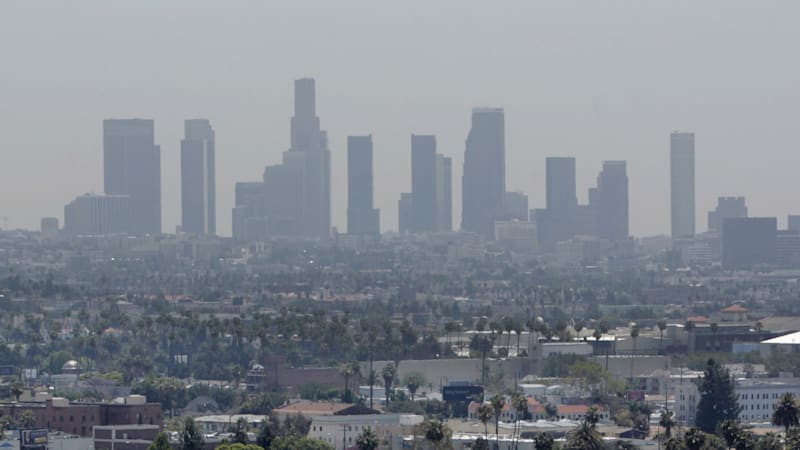

Led by California, nearly two dozen states sued the Trump administration on Wednesday over its reversal of fuel-efficiency standards for cars and trucks, arguing that the move is based on erroneous science, and endangers public health.
The lawsuit escalates a standoff between President Trump, who has moved to undo a long list of environmental regulations since taking office, and a coalition of Democratic states, which have gone to court to stop him.
President Trump’s attempt to weaken future fuel economy standards — undoing what would have been the single biggest effort by the United States to fight the climate crisis — has been especially contentious and messy. Mr. Trump has called the rollback the crowning deregulatory achievement of his tenure, a move that he has said will save lives, lift the economy and help the auto industry.
Yet the auto industry itself has been split over the measure, which would weaken a 2012 standard that would have required automakers to improve the average fuel economy of cars and trucks to about 54 miles per gallon by 2025. The new standards set forth by the Trump administration only require automakers to improve their average fleetwide fuel economy to 40 miles per gallon.
The Alliance for Automotive Innovation, which represents major automakers including General Motors and Toyota, is defending the rollback. But four of their peers — Ford, Honda, BMW and Volkswagen — have split from the pack, declaring that they will continue to follow the lead of California and 13 other states that are upholding tougher standards than those set by the federal government. The battle is widely expected to reach the Supreme Court.
By the Trump administration’s own calculations, changing the rule increases the emissions of greenhouse gases, the primary cause of global warming, by at least 867 million metric tons relative to the standards being rolled back. That is greater than the amount many midsize countries put out in a year.
Environmental groups have also warned of the public health consequences of more tailpipe pollution, linked to asthma and other health problems. Consumer advocates, meanwhile, have refuted the Trump administration’s claims that the laxer standards will lead to cheaper cars, and warn that car owners will instead end up paying more for gas.
Guest post from The New York Times




